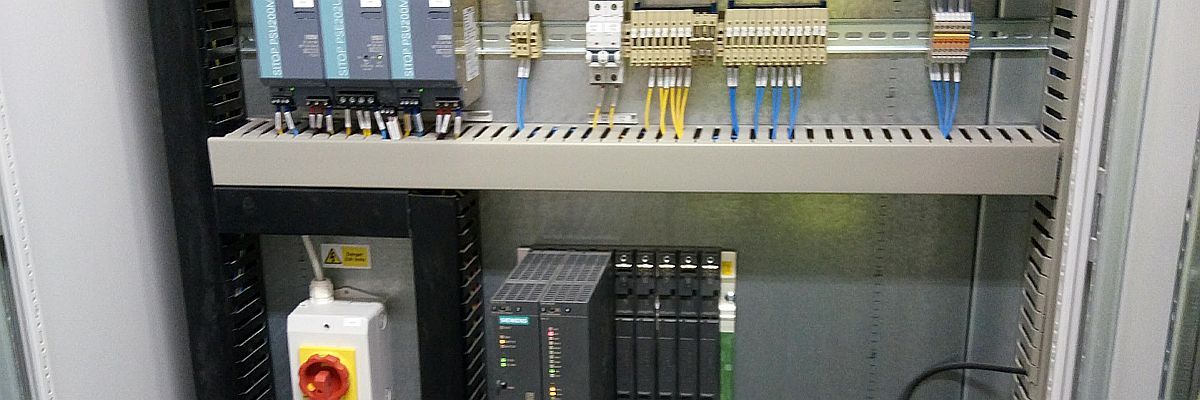- Home
- Services
- Process Hazard & Risk Assessment
- Consequence & Risk Modelling
- COMAH Support
- Offshore Safety
- Functional Safety
- Process Safety Management
- DSEAR Support
- Alarms Management
- Human Factors Management
- Management of Change
- Engineering & Operations Support
- Environmental Risk Management
- Audits & Training
- Asset Risk Management
- Experience
- Philosophy
- Contact Us

Alarms Management
There is a great deal of evidence relating to the role of poorly design alarm systems in major incidents, for example the staff at Milford Haven Refinery were faced with a barrage of alarms for five hours preceding the incident. The UK Health and Safety Executive clearly states that:
“There should be a clear link from the site alarm philosophy to major accident hazard risk assessments”
Optimising alarm system design is important to facilitate accurate and timely fault prompting and diagnosis to operators, and hence more effective plant management. Alarm management (or alarm handling) is an issue for any site or process where there is claimed reliance on human response to an alarm in order to control major accident hazards.
A Safety Instrumented Function (SIF) is engineered to provide protection against some kind of failure, and has a concise and automatic role to play when a process moves out of its safe operating envelope. The criticality of the SIF is assessed as a Safety Integrity Level (SIL) which is related to the consequences that could occur if the SIF was to fail on demand.
An alarm function is engineered – through the human interface – to provide an early indication that a process has moved away from its normal operating envelope, and thereby trigger a timely assessment and response from an operator. If there is no timely assessment and response required, it’s not an alarm and it’s either an ‘Alert’ or a‘Prompt’.
There is a synergy between SIFs and alarm functions, and since alarms are part of the overall scheme of risk reduction, the criticality of the alarm should be assessed in order to set an appropriate priority.
The contribution that an alarm makes to the overall risk reduction can become clouded if an operator cannot identify the important alarms against a background of alarm problems. Therefore, there is a need to rationalise the alarm system in order to alert the operator to alarms in order of importance, so as to give the operator the best chance to take corrective action.
At KK Risk, we take a 3-stage approach to better alarm management:
- Find out if there is a problem (we use an alarm ‘health check’ tool which is aligned to the methodologies of EEMUA 191 and BS EN 62682)
- Decide what to do and take action (alarm philosophy, reviews and rationalisation studies)
- Manage and check what has been done (alarm performance measurement and improvement)
The philosophy at KK Risk is that better alarm management should be driven by the top management of an organisation, and our consultants aim to support clients throughout the 3-stage process.
Contact us and we’ll be happy to discuss how we can be of assistance.